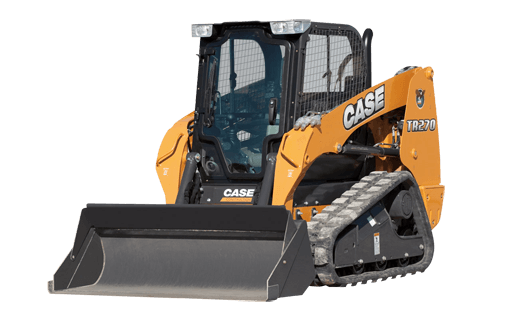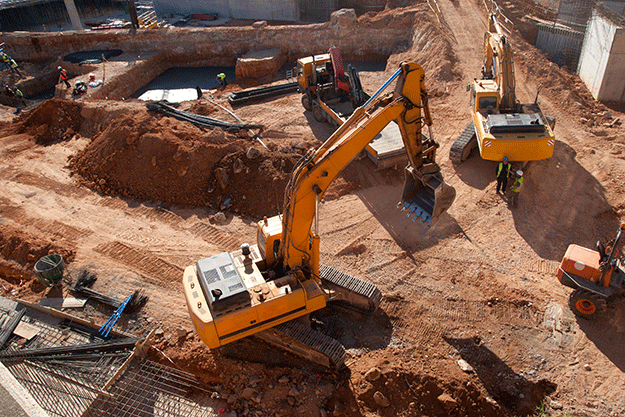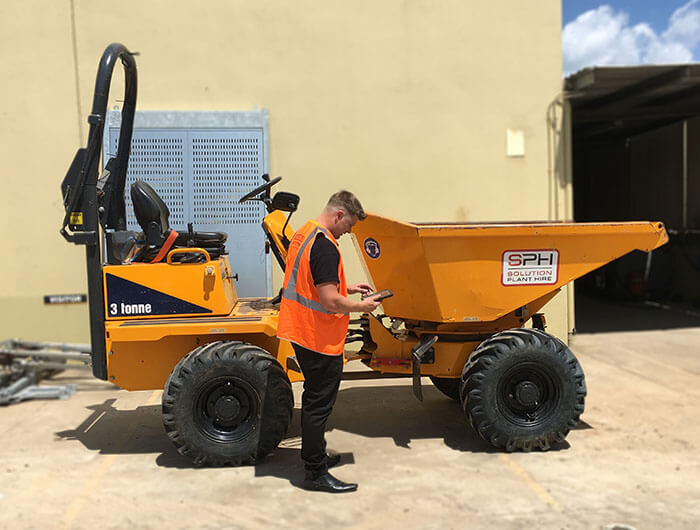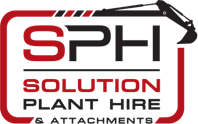You’ve made the decision to hire plant equipment or machinery. But is dry or wet hire right for you?
Unfortunately, the answer isn’t always clear-cut. There are plenty of variables that make it hard to weigh up which option will be best for you and your team.

To help, we’ve created a guide that’ll walk you through the process of establishing which one best fits your needs, depending on your next project. Let’s take a look now.
Dry vs Wet Hire Defined:
Dry hire is when you hire equipment-only, with all that follows in its use left up to you. Wet hire is when you hire the equipment, and then operators come along with it.
It can be difficult to decide whether dry or wet hire is best for you, due to all of the different definitions that are out there. Of course, the basic definition of the two is pretty easy to grasp.
Dry hire is rarely as simple as arriving at an equipment rental store and taking off with the equipment.
Furthermore, wet hire may also often have the option of including some extra bells and whistles alongside the additional inclusion of an operator.
Why Dry Hire?
Often, hirers will opt for dry hire because of the wider advantages it offers a project. When you go for dry hire, you know you can budget accurately by arranging to hire an operator, and then the equipment they will use. This way you’ll have clarity surrounding what the operator and equipment will cost, ensuring you avoid a budget blowout.

As well as the cost benefits this method can provide, there’s the greater flexibility surrounding the management of the project to consider. By hiring the operator and then the equipment, you can fine-tune your requirements, should the need arise.
Because wet hire will always involve hiring equipment and an operator as a package deal, it can be a big drain on time and resources if you arrive at a stage in the project where neither your equipment nor your operator is needed. Going for dry hire helps to avoid these wasted resources, in addition to keeping your job site clear of extra personnel.
Effectively, dry hire offers the flexibility to use the equipment you need, when you need it – and to get it offsite when you don’t. That cost-efficiency is especially critical in the construction industry right now.
Cost-Efficiency and Control
While the construction machinery and operator hire sector still turns over $3 billion annually, the housing slump seen recently across many parts of the nation has had an impact. This has meant efficiency and precision is more important than ever when it comes to the job site.

Not only will dry hire help keep your budget in check, it also helps ensure the job’s going to get done right. Though wet hire will still see the operator under your control, the reality is that you’re working with a contractor – one who may not be familiar with your project or preferred work conditions, let alone the specific piece of equipment on hire.
With dry hire, this issue is avoided. The equipment is in care of the operator, and the operator’s accountable to you. This helps ensure communication is clear-cut, and a clear progression on project timelines is maintained on the job site.
Making the Call
Sometimes, you’ll know exactly what you need for a job, and that’s that. But given the variables that can exist on a project – as well as the extras you may decide you need once you start your search for hire equipment – it’s wise to factor in some flexibility in terms of budget and timing.
Just like the old adage ‘measure twice and cut once,’ a project will go much smoother when some extra oomph is applied at the beginning to ensure it starts off right.
There may be instances where spending more on a wet hire arrangement makes sense. But often, the opposite is true. Even if you originally thought you needed wet hire, some deeper though may lead you to recognise that dry hire may better suit your requirements.
Keep an open mind, and spend some extra time planning out your needs beforehand. That way, you’ll find it easy to make the right decision about whether dry or wet hire is best for you.
What has been your experience with wet vs dry hire? Let us know in the comments below:



